Germany and France released a note on the eve of the informal meeting of EU foreign ministers in Prague - called, among other things, to discuss a possible stop to tourist visas for Russians - in which they say they are against the measure as "counterproductive".
"While limiting contacts with the regime's representatives and authorities to areas of vital interest to the EU, we must strategically fight for the 'hearts and minds' of the Russian population, at least for those segments not yet completely alienated from the West"
, wrote Paris and Berlin in the note, published by Politico.
The two governments declared their intention to "maintain a legal framework that allows students, artists, scholars, professionals in particular - regardless of the risk of being prosecuted for political reasons - to travel to the EU".
Berlin and Paris have also warned "against far-reaching restrictions on our visa policy, to avoid fueling the Russian narrative and triggering unintentional flag-gathering effects and / or alienating future generations".
However, the two capitals stressed that
the EU must "support and expand our sanctions against Russian political, military and economic elites" and have defined financial and military support for Ukraine "a central element" of the war policy of the country. EU.
Yesterday, the EU High Representative for Foreign Affairs, Josep Borrell, said he considered it unlikely that EU foreign ministers would unanimously support the ban on the issuance of tourist visas.
Borrell also reiterated that even if he is against the ban on issuing visas, he is instead in favor of a more selective process, because
"denying entry to all Russians is not a good idea".
The request for joint action has long been posed by the countries closest to Russia.
The Czech Republic and Poland blocked the issuance of visas shortly after the invasion of Ukraine, while Estonia went further, deciding to deny entry to Russians with Schengen visas issued from Tallinn.
Others, however, continued to guarantee travel documents, allowing Russians with visas to move freely in the Schengen area and to circumvent the notices issued by some capitals.
As for the adoption of more drastic measures, there seems to be no consensus at the moment.
The Scandinavian countries, for example, are sensitive to this issue and ask for an extended discussion to all partners.
The Hungary of Prime Minister Viktor Orban (considered by many to be Putin's bridgehead in Europe) is clearly against.
Germany has a more cautious stance.
Chancellor Olaf Scholz has so far said he is against denying passes to all Russians, stating that this would punish a people for a war decided only by its leader.
In recent days, however, her foreign minister, Annalena Baerbock, has raised the possibility of a compromise, which "brings together the legitimate concerns and positions of all" EU countries.
For its part,
the Russian government has warned that it will not leave a possible suspension of tourist visas
for its citizens
by the EU unanswered.
This was stated by the spokesman of the Kremlin Dmitry Peskov, quoted by the Interfax agency

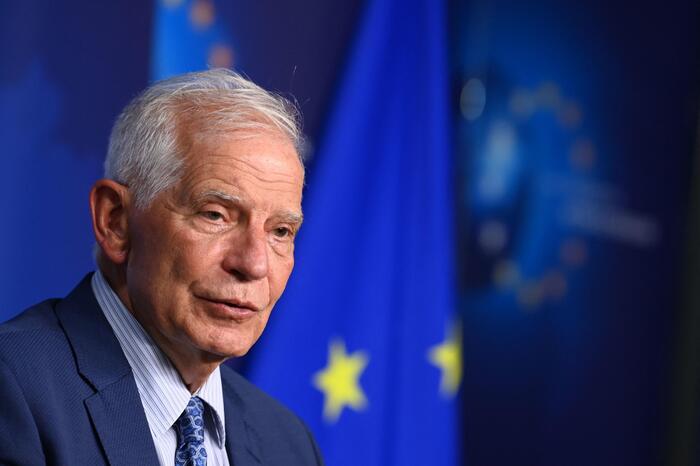

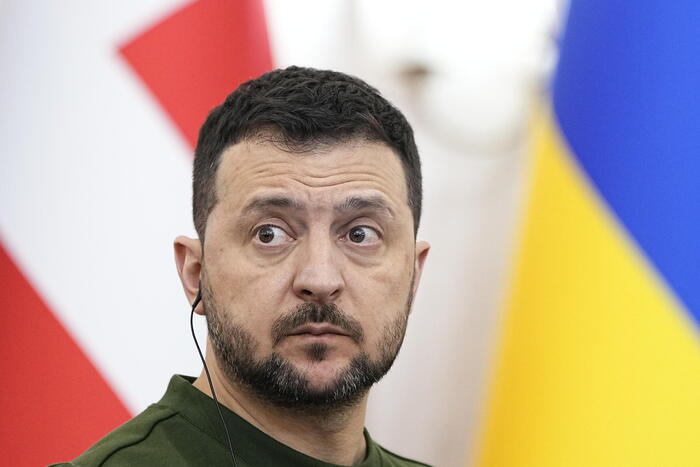
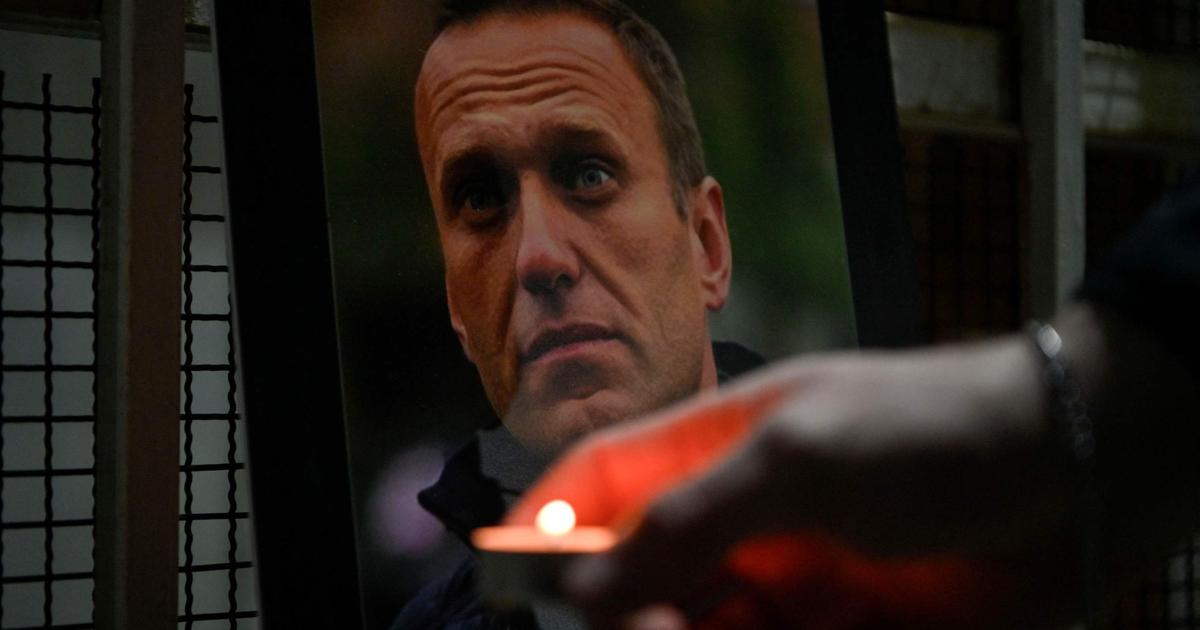
/cloudfront-eu-central-1.images.arcpublishing.com/prisa/R5YJ3MNWQRCGTFO4MKHLQKANJI.jpg)
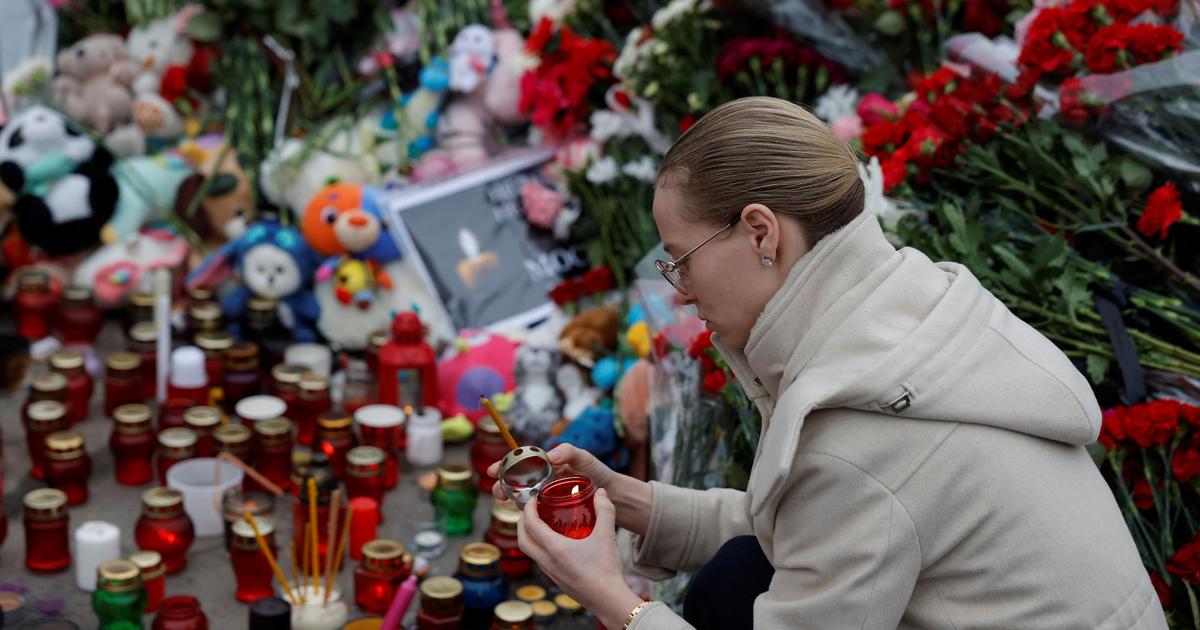

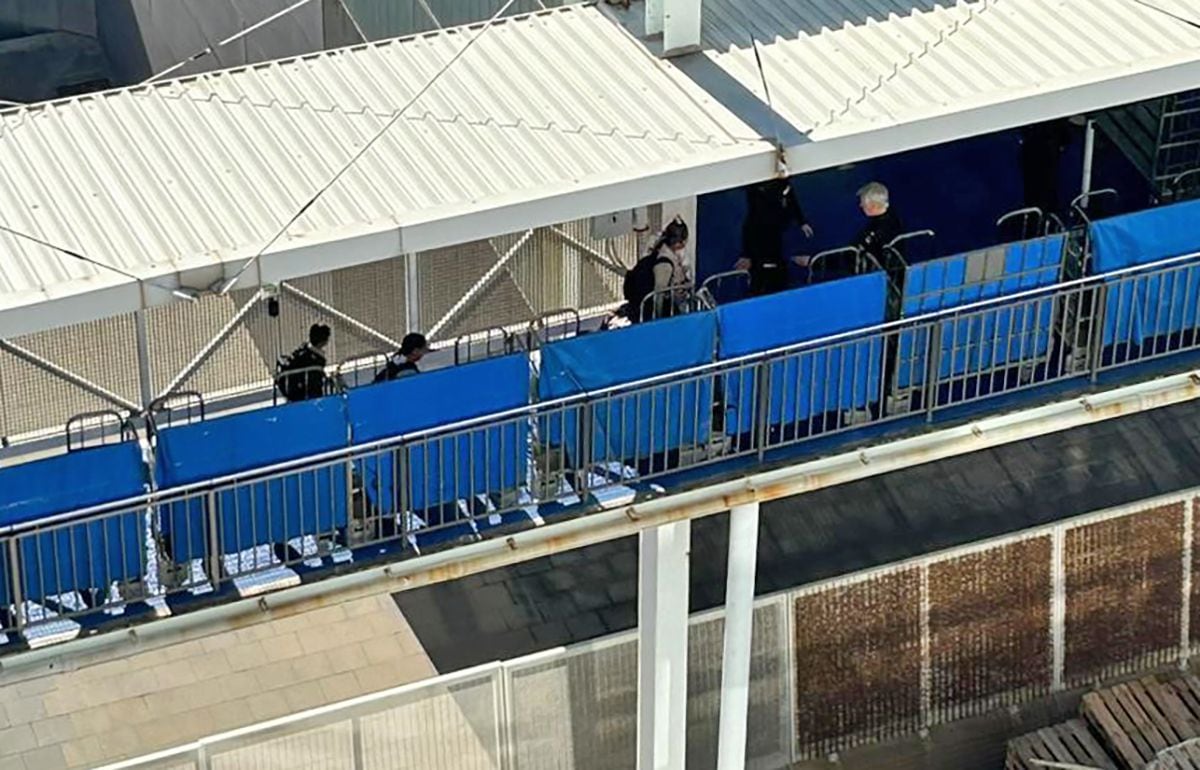



/cloudfront-eu-central-1.images.arcpublishing.com/prisa/S7ERVSCT4FUVX6R7TUVBDNTH5Y.jpg)


